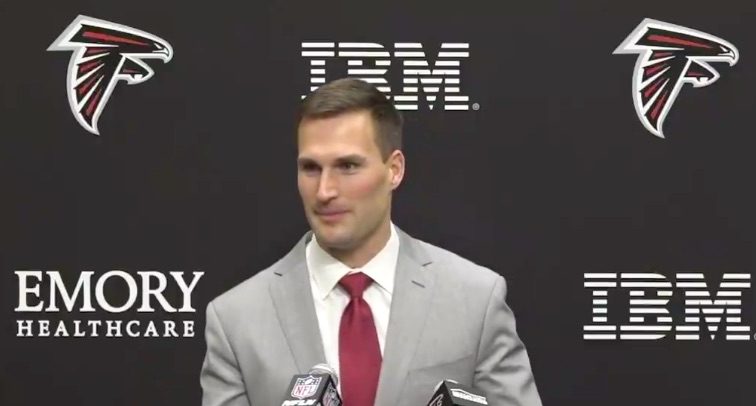Thirteen years after the groundbreaking Rooney Rule required NFL teams to interview minority candidates for coaching positions, the league has made no progress in diversity among its coaching ranks. In fact, it seems to have moved backwards.
ESPN conducted a thorough examination of NFL coaching diversity (which you should read in its entirety) and found that the league has pretty much lost all gains made thanks largely to the Tony Dungy coaching tree. The numbers are pretty wild:
Teams have taken a chance on 21 first-time white head coaches and only one first-time minority head coach, Todd Bowles, over the past five hiring cycles (2012-16). The gap was an identical 21-1 nearly two decades ago, when the New York Jets made Herm Edwards the only first-time minority hire from 1997-2001.
Considering two-thirds of NFL players are black, it’s absolutely appalling how few people of color are in leadership positions in the league. Here’s Dungy explaining the degradation of the Rooney rule:
“The good thing about the Rooney Rule was not that you had to interview a minority candidate but that it slowed the process down and made you do some research,” Dungy said, “but now it seems like in the last few years, people haven’t really done what the rule was designed for. It has become, ‘Just let me talk to a couple minority coaches very quickly so I can go about the business of hiring the person I really want to hire anyway.'”
But not only does ESPN spell out the problems, they delve into the causes. Basically, people of color aren’t getting opportunities as head coaches because they’re not getting opportunities as assistant coaches and coordinators. According to ESPN, 94 percent of head coaches hired over the past 20 years were previously NFL coordinators (with offensive coordinators increasingly popular), pro head coaches or college head coaches. Well check out the numbers on NFL coordinators:
- 80 of the NFL’s current 85 offensive coordinators, quarterbacks coaches and offensive quality control coaches are white, including all 37 with the word “quarterback” in their titles.
- 23 of 32 defensive coordinators are white.
People tend to defend racial disparities in employment by saying we shouldn’t use race to determine who gets job because opportunities should go to the most-qualified candidates. But that’s drastically missing the point. 1) The most qualified candidate are often on-white. 2) To the extent the most-qualified candidates are mostly white, it’s because of a system that prevents people of color from earning the necessary qualifications.
The ESPN report outlines a number of other disturbing dynamics and trends in hiring: White coaches seem to get second chances more than black coaches, who have slimmer margins for error; white coaches are more likely to have personal relationships with mostly white front offices and ownership groups, which results in jobs; white coaches are more likely to be praised by fans and media, making them less risky hires; black position coaches are offered raises, while their white counterparts get promotions.
Add all of this together and you have a really gross problem (one that, it should be noted, is not unique to the NFL) that can really only be solved by teams noticing these discrepancies and committing to addressing them. And it’s not like there’s no incentive for organizations to groom minorities into potential coaches. The reward may very well be the next Tony Dungy or Mike Tomlin.
[ESPN]






